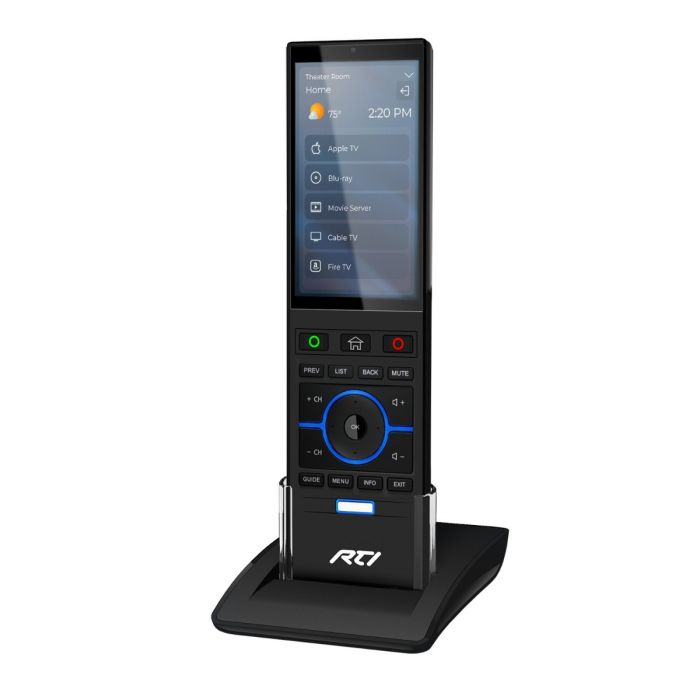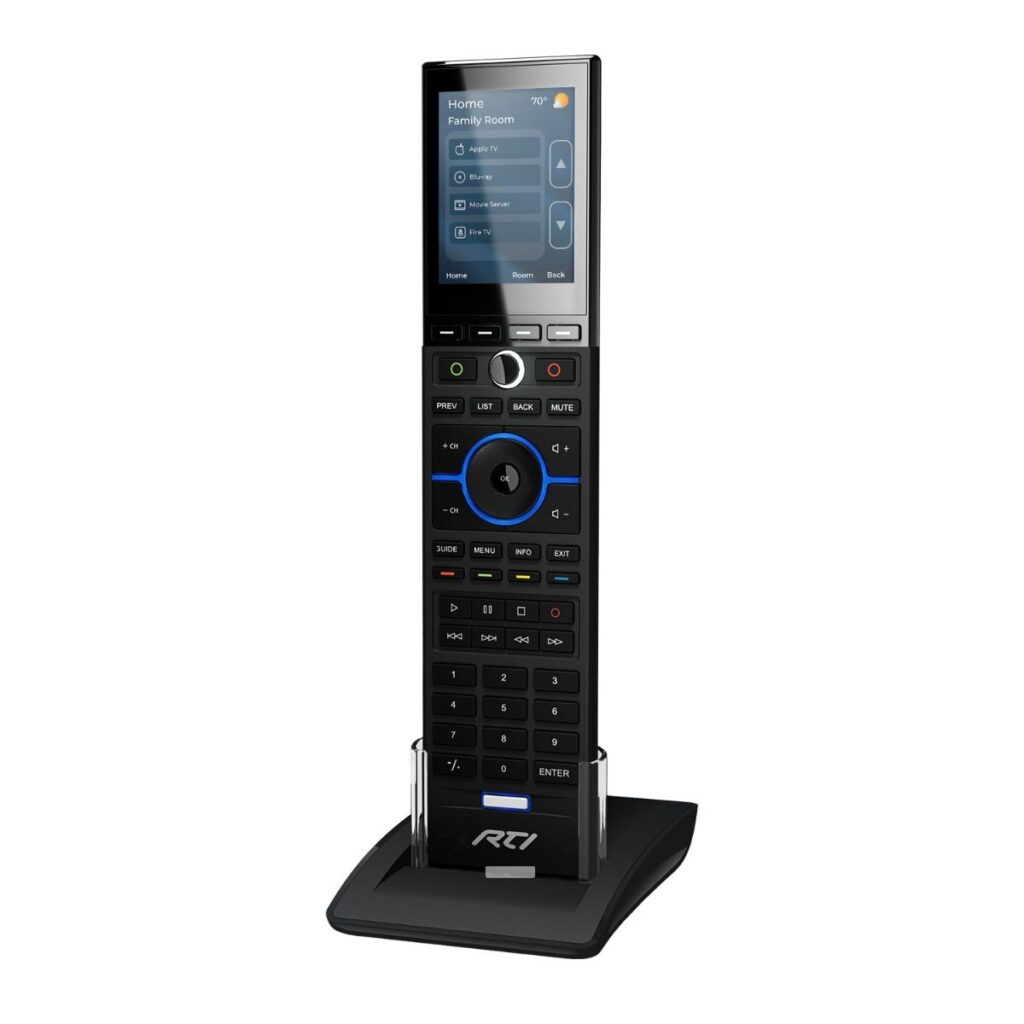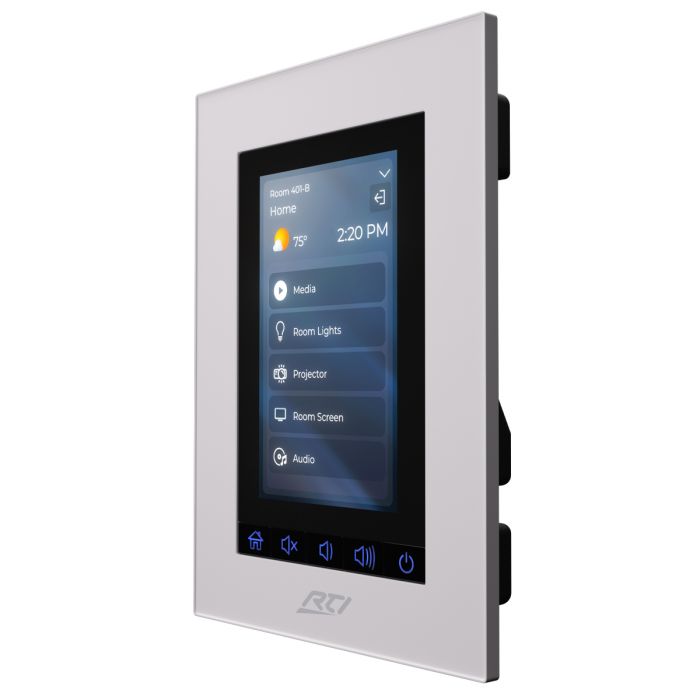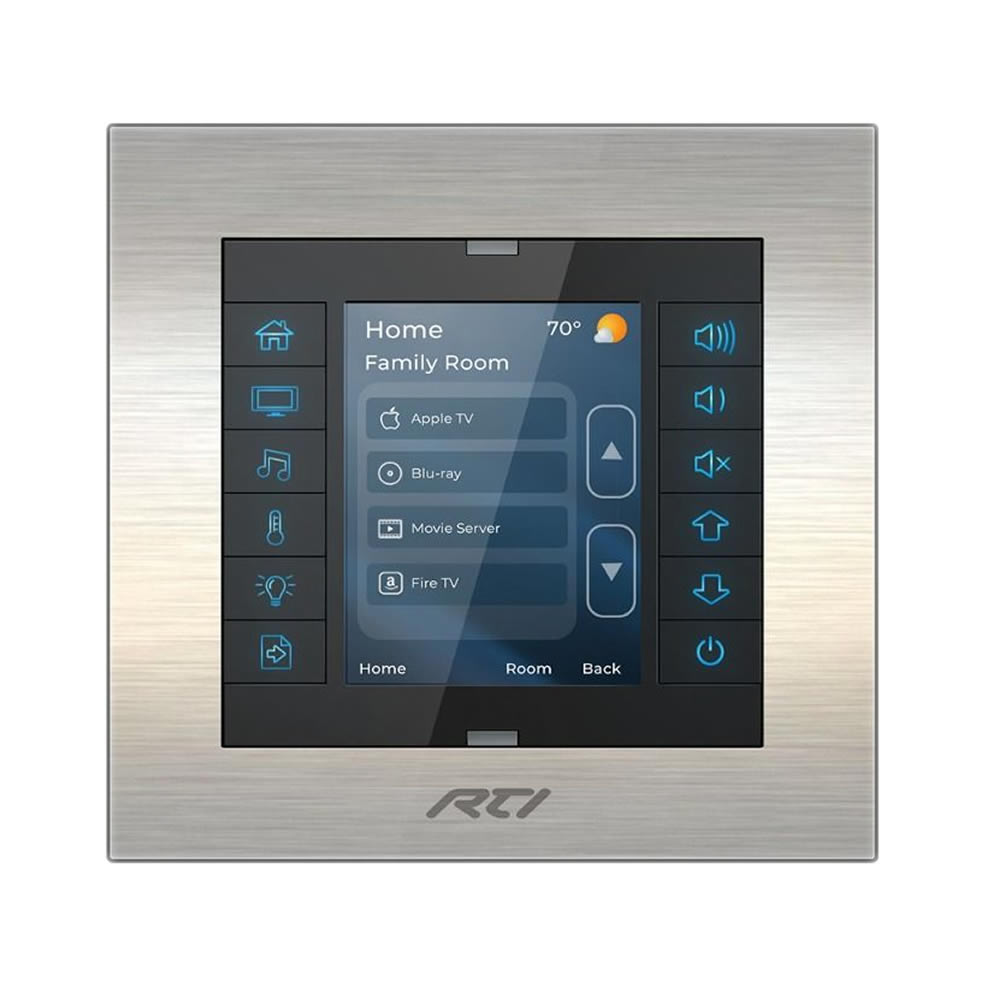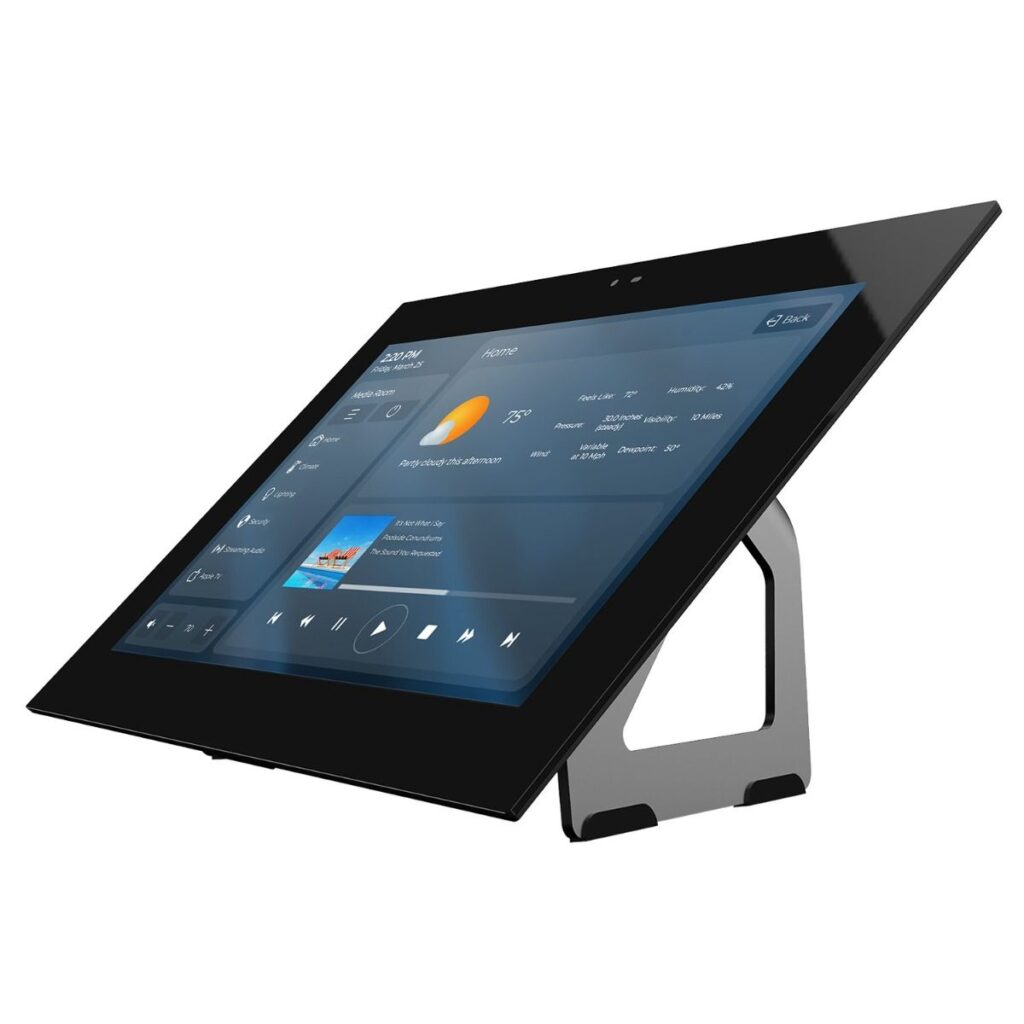Home automation has gained significant popularity, offering convenience, control, and efficiency in managing various aspects of our living spaces. However, operating multiple smart devices and systems individually can be overwhelming and cumbersome. This is where universal remote controls for home automation come into play. These innovative devices serve as a centralized hub, enabling users to control and manage their smart home devices effortlessly.
In this article, we will explore the concept of universal remote controls for home automation, their functionalities, benefits, and considerations. We will discuss how these devices simplify the user experience by providing seamless control over diverse smart devices and systems, offering convenience and integration.
Understanding Universal Remote Controls:
Universal remote controls for home automation serve as a single control interface that consolidates the management of multiple smart devices and systems. These devices eliminate the need for separate remotes or mobile apps, providing a unified solution for controlling various aspects of a smart home.
Universal remote controls are designed to communicate with a wide range of smart devices, including smart lighting systems, thermostats, entertainment devices, security systems, and more. They utilize wireless technologies such as Wi-Fi, Bluetooth, and infrared to establish connections and transmit commands to compatible devices.
These remote controls typically feature user-friendly interfaces, such as touchscreens or buttons, allowing users to navigate and control their smart home devices with ease. Some advanced models also support voice commands, enabling users to interact with their smart home systems using natural language.
Functionalities and Benefits:
Universal remote controls for home automation offer a range of functionalities and benefits that simplify and enhance the user experience:
a. Centralized Control: A universal remote control acts as a centralized hub, allowing users to control various smart devices from a single point of access. Instead of managing each device separately, users can adjust lighting, temperature, entertainment systems, and more, all through a single interface.
b. Seamless Integration: These remote controls are designed to integrate and communicate with a wide range of smart devices, regardless of the brand or technology used. They offer compatibility with popular smart home platforms and protocols, ensuring seamless integration and interoperability.
c. Simplified Operation: With a universal remote control, users can perform complex operations and routines with a single command. For example, pressing a "Movie Night" button could dim the lights, turn on the home theater system, and adjust the audio settings simultaneously.
d. Customization and Personalization: Universal remote controls often support customization features, allowing users to create personalized scenes, presets, or macros. This enables the automation of multiple actions with a single command, tailored to individual preferences and routines.
e. Voice Control: Many universal remote controls integrate voice control capabilities, enabling users to control their smart devices through voice commands. This hands-free operation adds convenience and accessibility, allowing users to interact with their smart home systems effortlessly.
f. Enhanced User Experience: Universal remote controls offer a more intuitive and user-friendly experience compared to managing multiple remotes or mobile apps. They simplify the control and management of smart devices, reducing complexity and enhancing overall usability.
g. Flexibility and Mobility: Universal remote controls provide flexibility and mobility, allowing users to control their smart home devices from anywhere within the home. They eliminate the need to be in close proximity to each device, enhancing convenience and accessibility.
Considerations and Limitations:
While universal remote controls for home automation offer numerous advantages, there are a few considerations and limitations to keep in mind:
a. Compatibility: It is crucial to ensure that the universal remote control is compatible with the smart devices and systems in your home. Different devices may use varying wireless protocols or require specific integration methods, so compatibility should be verified before purchasing a universal remote control.
b. Set-Up and Configuration: Universal remote controls may require initial set-up and configuration to establish connections with the smart devices in your home. This process may involve learning codes or using specific apps to integrate devices. Some remote controls may also require regular software updates to ensure compatibility and functionality.
c. Device Limitations: While universal remote controls aim to consolidate control, not all smart devices may be fully controllable or compatible. Certain advanced features or functionalities of specific devices may not be accessible through a universal remote control.
d. Learning Curve: Using a universal remote control may require some learning and familiarization, especially if you are new to home automation. The complexity of managing multiple devices through a single interface may take time to understand and utilize effectively.
e. System Reliability: The reliability of a universal remote control depends on its connectivity and the stability of the smart home ecosystem. Connectivity issues or device malfunctions may disrupt the control and management experience, requiring troubleshooting and maintenance.
Conclusion:
Universal remote controls for home automation simplify the management and control of smart devices, offering a centralized hub that streamlines the user experience. These devices provide convenience, integration, and customization, allowing users to control various aspects of their smart homes effortlessly. With features such as centralized control, seamless integration, customization options, and voice control capabilities, universal remote controls enhance the usability and functionality of smart home systems.
However, it is essential to consider compatibility, set-up requirements, device limitations, and the learning curve associated with universal remote controls. With careful consideration and proper selection, these devices can significantly simplify and enhance the home automation experience, providing users with a streamlined and convenient way to interact with their smart homes.
